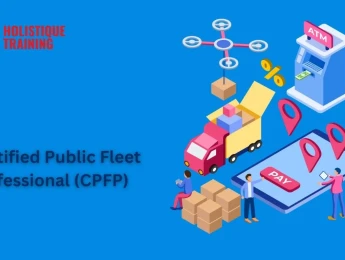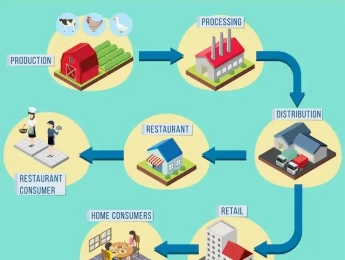Having a great benefits and rewards system is the key to attracting quality candidates to a job role. The right employee will usually want to work with the company and participate in benefits schemes and may be more motivated by the company has extras than the salary itself. Offering something back to your employees for their hard work will also give you a good reputation as an employer, making it easier for you to recruit.
Employee rewards also work hand in hand with performance management, where you can offer higher monetary rewards or extra incentives for higher quality, productivity, attendance or adherence to company values.
Attaching your organisation’s strategic aims to individual benefits and compensation is possible depending on your business area. This links your employees directly to your overall goals, increasing interest in the wider company and developing broader engagement and motivation.
To implement a successful benefits and rewards strategy, you need to consider what each type of employee is interested in as part of their role and understand how this fits with your long-term goals. Implement something affordable and on a budget but enticing enough to boost your employees’ morale and increase their desire to work to your targets and expectations.
Upon completion of this course, participants will be able to:
- Understand various strategic concepts to increase motivation.
- Develop a structure to reward employees on a budget.
- Create effective job descriptions and adverts explaining benefits structures.
- Utilise benefits and rewards as a way to incentivise good behaviour and performance in the workplace.
- Monitor productivity, attendance and quality targets based on the availability of benefits.
- Be creative with non-financial rewards.
- Assess the equality and fairness of benefits availability.
- Design a strategic reward plan encouraging people to work towards the company’s long-term goals.
- Review and rework rewards based on success to ensure your company stays ahead with reviews as a good employer.
- Understand the differences in regional compensation and how to handle these.
This course is designed for anyone responsible for compiling a benefits package to match a job role or implementing changes to increase productivity or quality targets. It would be most beneficial for:
- HR Professionals
- Operations Managers
- Business Owners
- Change and Control Managers
- Project Planners
- Sales Directors
- Managing Directors
- Business Partners
- Administration Staff
- Finance Personnel.
Day 5 of each course is reserved for a Q&A session, which may occur off-site. For 10-day courses, this also applies to day 10
Section 1: The Benefits of Rewarding Your Employees
- What are the rewards and benefits?
- Obtaining a better quality candidate.
- Gaining a ‘good employer’ reputation.
- Evaluating your organisation chart.
Section 2: Rewarding Equally & Developing a Culture of Fairness
- Strategies and policies to create a compensation structure.
- Job role evaluation and equality.
- The Murlis and Wright model of total rewards.
- Performance merit systems and fairness.
- Communicating your purpose.
- Planning and implementation of a new rewards structure.
Section 3: Performance Management Using Incentives
- Rewarding above-average performance.
- Aligning your incentives with your company goals.
- Performance-related pay.
- The relationship between motivation and success.
Section 4: The Power of Non-Financial Rewards
- Employee engagement techniques.
- Reward and recognition opportunities.
- Flexible benefit systems.
- Qualitative research into reward methods - ask your people what they want.
Section 5: Rewarding Within Your Budget
- Your pay structure and adding subtle incentives.
- Pension schemes and their structures.
- CIPD Pay Management.
- Giving back for contributions.
- Your future business strategy and your bottom line figures.
- Market pricing against the region. How much is reasonable?
Section 6: Deciphering Your Core Competencies
- Benefit vs. competency. What are you willing to pay for?
- Increasing participation in company values and activities.
- Effective talent management systems.
- Making effective decisions based on your core aims.
- Balancing rewards with standard processes.
Section 7: Job Role Analysis
- What you need from your employees.
- Planning benefits to suit key employee skills.
- Attracting the right people.
- Review of current job role benefits - what’s missing?
- Your organisation’s future rewards.
Upon successful completion of this training course, delegates will be awarded a Holistique Training Certificate of Completion. For those who attend and complete the online training course, a Holistique Training e-Certificate will be provided.
Holistique Training Certificates are accredited by the British Assessment Council (BAC) and The CPD Certification Service (CPD), and are certified under ISO 9001, ISO 21001, and ISO 29993 standards.
CPD credits for this course are granted by our Certificates and will be reflected on the Holistique Training Certificate of Completion. In accordance with the standards of The CPD Certification Service, one CPD credit is awarded per hour of course attendance. A maximum of 50 CPD credits can be claimed for any single course we currently offer.
- Course Code PH1-106
- Course Format Classroom, Online,
- Duration 5 days














